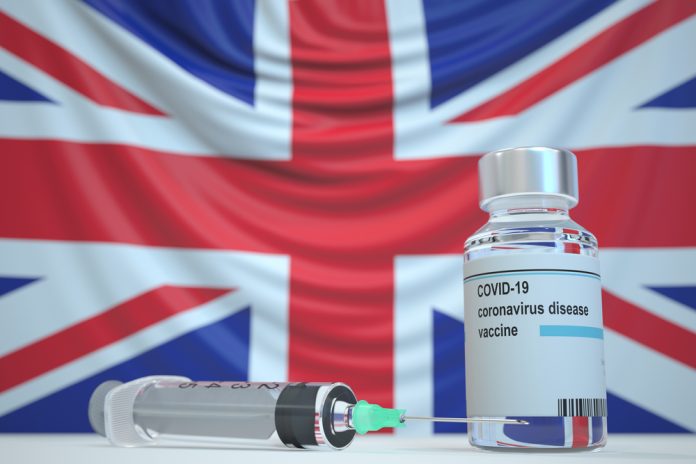The UK’s ability to manufacture vaccines during a future pandemic is under scrutiny following concerns raised by the House of Lords Science and Technology Committee.
In a letter to Rt Hon Pat McFadden MP, Chancellor of the Duchy of Lancaster, Baroness Brown of Cambridge, Chair of the Committee, outlined critical gaps in the UK’s pandemic preparedness, particularly vaccine manufacturing capacity, urging immediate government action.
Baroness Brown emphasised the need for a resilient, diversified domestic vaccine manufacturing sector.
She described this as a “critically important sovereign capability” vital for national security and public health.
What is pandemic preparedness?
Pandemic preparedness refers to a country’s readiness to prevent, detect, and respond to global health threats, particularly infectious diseases that can escalate into pandemics.
It involves establishing robust systems for disease surveillance, public health interventions, research, and vaccine manufacturing to ensure a swift and effective response to emerging threats.
The COVID-19 pandemic demonstrated the devastating impact of unpreparedness, highlighting the need for resilient healthcare systems and rapid vaccine deployment.
As new biological threats loom, strengthening pandemic preparedness is essential to safeguard public health and economic stability.
Lessons from COVID-19
The COVID-19 pandemic showcased the UK’s potential to excel in vaccine development, with initiatives like the Oxford-AstraZeneca vaccine emerging as global successes.
However, experts fear that the momentum gained during the pandemic is waning. According to the Committee, vaccine manufacturing facilities and skilled teams are at risk of being mothballed, leaving the UK vulnerable to future outbreaks.
Challenges facing UK vaccine manufacturing
Despite its strengths in bioprocess engineering, academic research, and pharmaceutical expertise, the UK has yet to capitalise fully on these advantages.
Countries like the US, Japan, and EU Member States are investing heavily in next-generation vaccines, including oral and intranasal options.
These innovative approaches may offer stronger immunity and easier distribution, but the UK risks falling behind in this critical area.
Experts also highlighted inconsistencies in funding for facilities like that of Professor Catherine Green OBE, whose team played a pivotal role in producing initial clinical trial doses of the Oxford vaccine.
Reliance on inconsistent grants jeopardises the country’s ability to respond effectively to future biological threats.
Over-reliance on limited partnerships
The Committee expressed concerns about the UK’s reliance on a single partnership with Moderna and its focus on messenger RNA (mRNA) technologies.
While mRNA vaccines were groundbreaking during the COVID-19 pandemic, relying solely on one platform may limit flexibility in addressing diverse pathogens
Recommendations to enhance pandemic preparedness
To address these vulnerabilities, the Committee made several key recommendations:
- Maintaining an active vaccine manufacturing and research sector in the UK is essential to ensure skilled professionals and supply chains are ready to respond swiftly in a crisis. This can be achieved by establishing a ‘peacetime vaccines taskforce’ dedicated to procuring vaccines for global outbreaks and preserving the country’s production capabilities.
- The Government should commit to transparency by providing regular updates on the progress of the UK Biological Security Strategy and conducting routine pandemic preparedness exercises to identify and address vulnerabilities.
- A diverse portfolio of vaccine technologies must be supported to reduce reliance on a single partnership, such as Moderna, or a sole platform like messenger RNA (mRNA). This diversification is critical for ensuring flexibility in combating various biological threats.
- Long-term funding is crucial for university-based research facilities and collaborative partnerships to sustain innovation and prevent disruption in vaccine development capabilities.
A call to action
The House of Lords Science and Technology Committee has set a deadline of February 5, 2025, for the Government to respond to these recommendations.
With global health threats becoming increasingly complex, the UK must act decisively to retain its vaccine development capabilities.
Pandemic preparedness is not a luxury—it is a necessity. By learning from the lessons of COVID-19 and investing in a robust vaccine manufacturing infrastructure, the UK can protect its citizens and maintain its position as a leader in global health innovation.









